Educate & Elevate | National High School Athletic Coaches Association Winter Newsletter
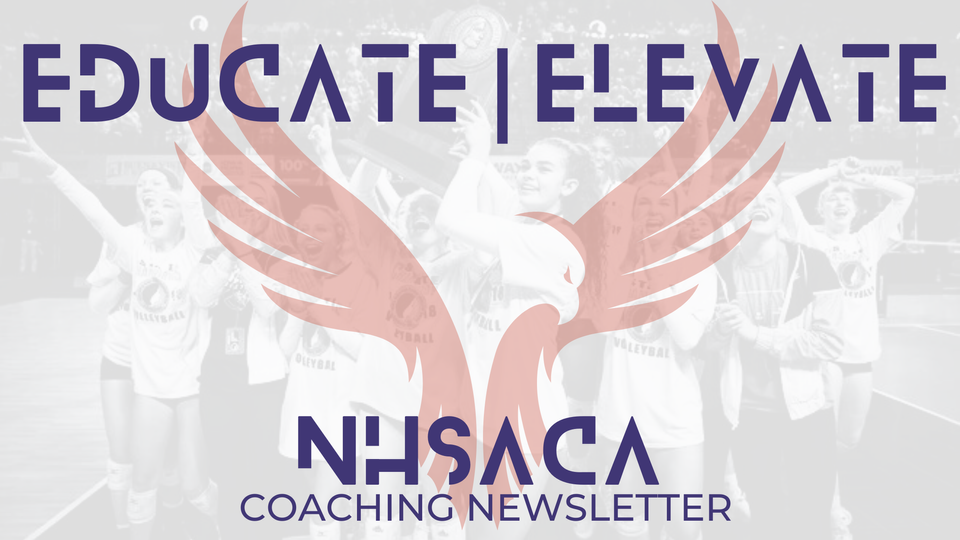
Elevating Coaching Excellence: NHSACA & Wayne State College Forge Pathways for Professional Development
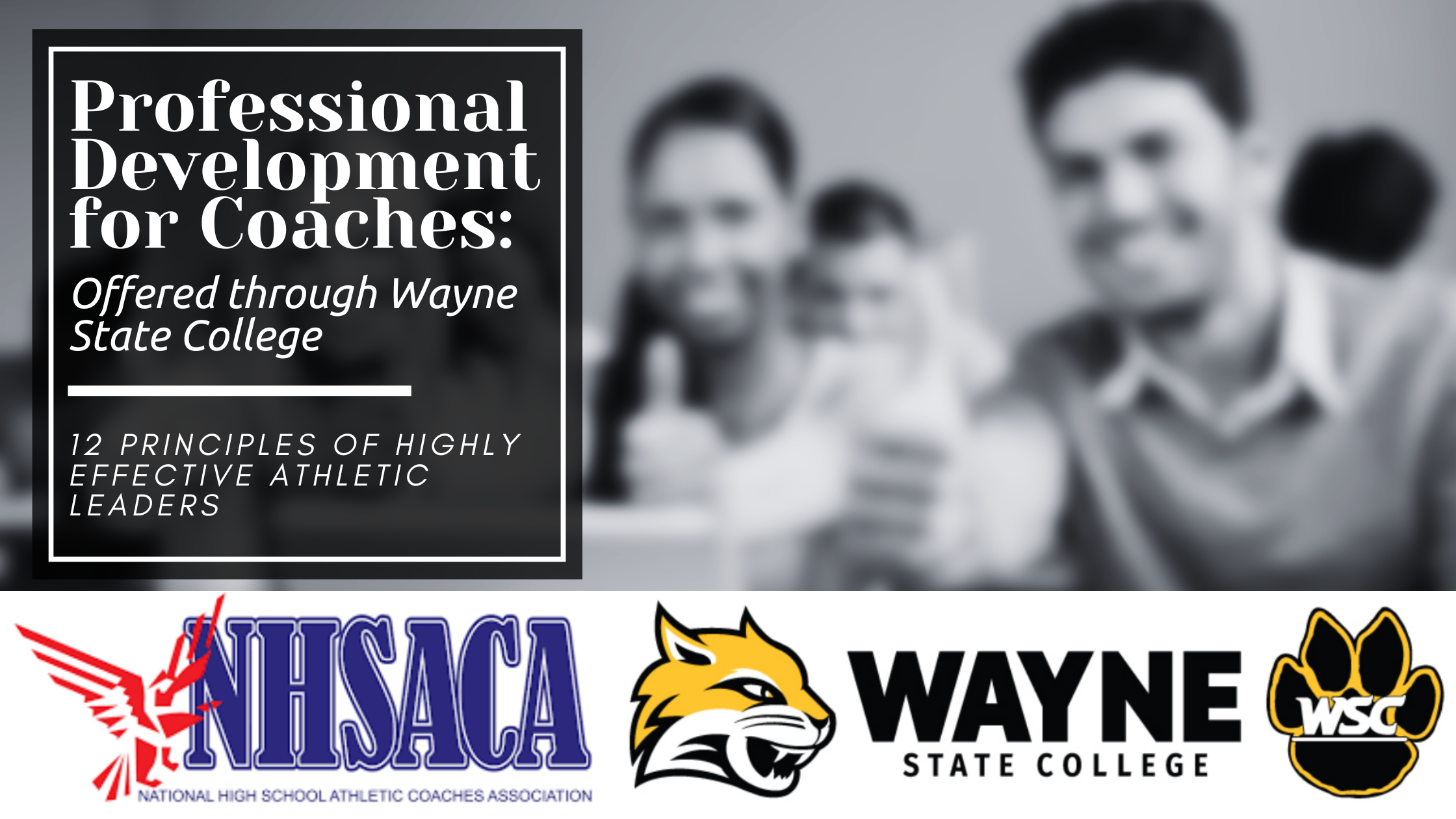
The partnership between NHSACA and Wayne State College signifies a commitment to fostering leadership excellence in high school athletics. As coaches are the driving force behind the success of student-athletes, investing in their professional development becomes paramount. This collaboration not only elevates coaching standards but also offers the added advantage of graduate credit, opening new horizons for career advancement.
Course Spotlight: The DNA of an Athletic Leader:
The course, aptly titled "The DNA of an Athletic Leader," is a comprehensive exploration of the fundamental principles that underpin effective athletic leadership. It goes beyond conventional coaching paradigms, delving into critical aspects such as motivation, confidence, accountability, passion, courage, integrity, emotional intelligence, humbleness, vision, discipline, communication, purpose, and love.
Enroll Today, Shape Tomorrow:
This unique opportunity beckons coaches to enroll in "The DNA of an Athletic Leader" and embark on a transformative journey toward coaching excellence. To secure your spot and learn more about the enrollment process, visit [Wayne State website/course registration link].
In forging this partnership, NHSACA and Wayne State College have set the stage for a new era of coaching continual improvement . Join us in shaping the future of high school athletics through the power of knowledge and leadership.
Wayne State Application Steps 2024 PED-696
The National High School Athletic Coaches Association's Vision for High School Athletics
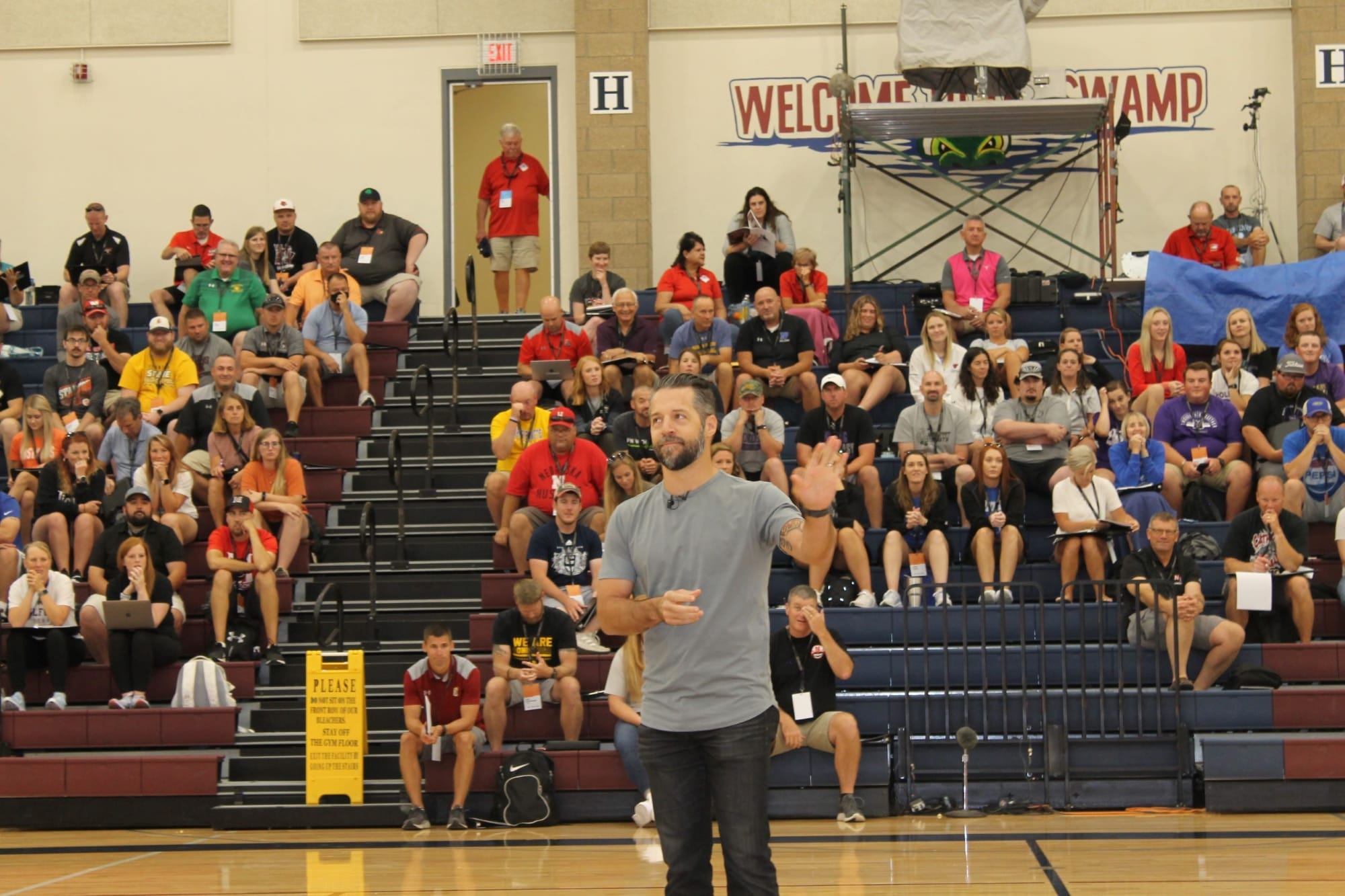
In the bustling world of high school sports, the National High School Athletic Coaches Association (NHSACA) emerges as a steadfast ally, dedicated to the growth and success of coaches and athletic directors across the United States. The mission and vision of the NHSACA encapsulate a commitment to education, recognition, and support, shaping a landscape where high school athletics thrive.
Education: Beyond the Playbook
The NHSACA recognizes that coaching extends far beyond the strategic X's and O's on the field. Coaches are viewed as leaders and role models, influencing the lives of America's youth. To enrich their leadership skills, the association offers graduate college credit programs in Coaching Leadership. Moreover, the NHSACA provides a treasure trove of resources, including specific sports clinics, educational links on its website, and reduced rates for professional publications. This dedication to continuous learning ensures that coaches stay informed about contemporary issues, fostering an environment of professional growth.
Recognition: Celebrating Lifetime Contributions
Acknowledging the enduring impact of coaches, the NHSACA goes beyond seasonal achievements. The Coach of the Year awards, considered the most prestigious in the nation, shine a spotlight on 152 coaches annually at the NHSACA's Annual Convention. Additionally, the association honors coaches for a lifetime of contributions through induction into the NHSACA National Hall of Fame. The Distinguished Service Award, presented to state associations, recognizes coaches for their exceptional contributions to high school athletics. This emphasis on recognizing lifetime achievements underscores the NHSACA's commitment to honoring the lasting legacies of coaches.
Support: Building a National Community
The NHSACA's national scope enables the provision of extensive support for its members. The association facilitates connections among professionals in high school athletics, fostering a network where coaches and athletic directors can exchange ideas and best practices. Furthermore, the NHSACA serves as a national voice, advocating for important issues that impact high school coaches and their athletes. This collective support creates a robust foundation, empowering members with the resources and insights necessary to navigate the challenges of high school athletics.

In essence, the National High School Athletic Coaches Association is not merely an organization; it is a dynamic force propelling high school athletics to new heights. Through its commitment to education, recognition, and support, the NHSACA is shaping a future where athletes, coaches, and athletic directors can flourish, leaving an indelible mark on the landscape of American high school sports.
NHSACA National Convention
Bismarck, North Dakota
Convention Information
The 2024 National High School Athletic Coaches Association National Coaches Convention will be hosted by the North Dakota High School Coaches Association from June 22, 2024 to June 27, 2024 in Bismarck, North Dakota at the Bismarck Hotel and Convention Center. There will be clinic sessions for nineteen specific sports, college credit courses, as well as plenty of time to network with coaches from across the country. In addition, there will be a NHSACA National Coaches Hall of Fame Ceremony and a NHSACA National Coach of the Year Ceremony to recognize the best of the best.
The Last Kid on Your Bench
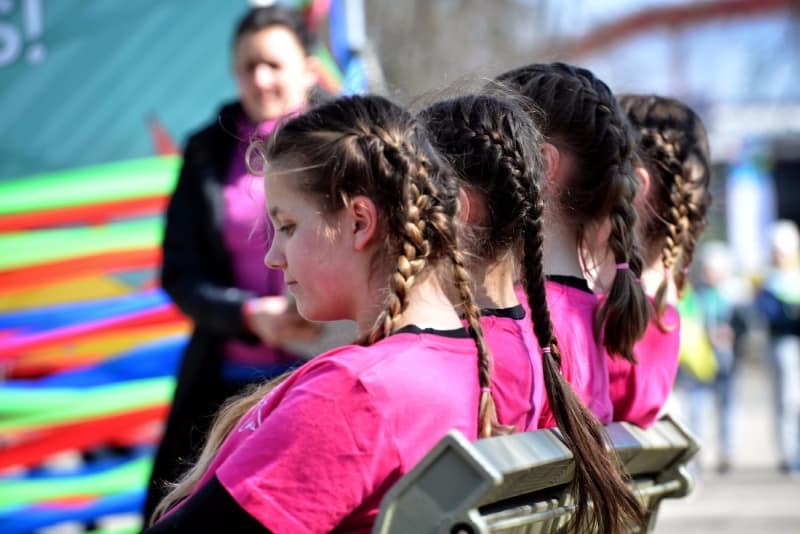
We all enjoy coaching our most talented, competitive, hard working, coachable athletes. But often the players I most admire are the ones who are the least talented. Those players, who are on the team, practice hard, make other players better and seldom play. In this era of over controlled and self entitled
players, we have all seen kids quit the team or transfer schools if they can’t start.
It requires a lot of personal courage to be part of a team when you know that you are not only not going to start but you will spend most of your time on the bench. Many of my favorite athletes were those players who found and embraced a small role, became great encouragers, and enjoyed being part of something bigger than themselves. Players who can be this selfless and still have great work habits often become the most successful in life with careers and families because they can put others first and make them better.
In youth and high school sports there could be a number of contributing factors – being new to the sport; not maturing as early as other players so their size, strength and quickness are not as advanced; performance anxiety based upon outside pressure (parents); but most of the time it is just less physical
ability. One of our Proactive Coaching beliefs is: The athletic experience should benefit every person on the team willing to commit to team values. If anyone deserves special treatment, it is these athletes.
As a leader, learn to show these players that you admire and respect them. Teach your most talented players to do the same. It doesn’t take much to mention their names when interviewed or take time to tell them individually how much they are helping the team and that you appreciate their contribution. As Coach Wooden said…”acknowledge the unacknowledged”
These players can still be given leadership responsibilities even if not the most talented – have a “bench captain”
Offer extra time and attention to help them gain skill or learn a role. Every player has a role and every role that supports the team culture, has value. Realize that often skill development may not come as quickly and easily as with your more talented players. Great teachers and coaches learn to never embarrass a willing learner – and don’t let anyone else do it either.
When the player is someone who is going to mature late, we need to keep them looking ahead to when their body catches up with their heart and teach them that their best days are still coming if they can keep working and stay positive.
For those players who simply do not have the physical ability, we need to understand that this will probably be their last athletic team experience and you probably are going to be their last coach – be a great coach for these players.
I have learned that the players in this situation, who continue to work hard, study hard, play a role, stay positive and still don’t play as much because of their lower skill level, often make great coaches. They have had to study the game, break things down, analyze and spend extra time to learn basic skills allowing them to be better teachers than those to whom skill comes naturally.
They understand roles and being part of a team so they have better ideas on how to build that camaraderie.
Looking back on a three decades of coaching, these players are part of my best memories – I hope that their memories of being on our teams are as good as my memories of their courage. Great teams have players who are “into the game” even when they are not “in the game”.
Contact us for presentations or materials:
website www.proactivecoaching.info
Email bruce@proactivecoaching.info
Phone - 360.502.0424
Unsung Heroes of the Game: The Last Kid on the Bench Bound for Greatness Podcast

More Than a Score

There are so many life lessons to be learned in athletics. This program makes sure student-athletes are receiving them.
As athletic administrators, we often tout the many benefits of participating in high school sports. From learning perseverance to leadership, the opportunities are plentiful. But how do we know if these life lessons are really being taught?
We ask coaches to implement teachable moments, we ask captains to be leaders, and we ask all student-athletes to handle the pressure of being on the athletics stage. These aren’t easy things to do.
Here at Eastside Catholic High School in Sammamish, Wash., we decided that just hoping all the wonderful byproducts of athletics participation would happen wasn’t good enough. Over the past year, we have implemented a structured program to ensure that athletics is truly an extension of the classroom.
Titled “Life Skills and Leadership,” the program starts by putting coaches, parents, and student-athletes all on the same page. Then, it provides specific learning opportunities for student-athletes in all sports. The program is led by Pete Wilkinson, a longtime coach and expert in student-athlete development, whom we hired to put together the curriculum and facilitate workshops in collaboration with the athletic department. This type of endeavor could also be run by a teacher, community volunteer, or the athletic director.
Program Goals
The overall goal of the Life Skills program is for student-athletes to get more out of their athletics participation. We want them to learn how to be better teammates, leaders, and students through enhanced communication and analytical skills. We want them to understand how to develop and maintain meaningful relationships with peers and coaches.
Many student-athletes today feel a lot of pressure from coaches, parents, and fellow classmates to perform at a high level. They are critiqued constantly and there can be subtle pressure from parents who have invested countless hours and money in their child’s training. Attempting to obtain a college scholarship can add another layer of stress. A big part of the Life Skills program teaches athletes how to recognize and deal with this pressure.
Another key area of the program is teaching leadership skills. Captains often have questions that they don’t know how to answer: How do I convey to my coach that one of my teammates is making poor decisions? How do I deal with teammates who are creating negative situations? How do I answer those who are questioning the offense we run?
The program also aims to create a culture of communication and trust. We all are striving for the same goals, but personalities sometimes get in the way. By furthering everyone’s communication skills, small problems don’t become crises, and we all remain on the same page. One of the most important lessons we can impart to student-athletes is how to navigate a difficult situation. Learning to deal with a variety of viewpoints is really what life is all about.
Lastly, the program strives to help student-athletes deal with the questions they face in their roles. How do I respond to my parents who are upset that I didn’t play in tonight’s game? How do I deal with college recruiters? How do I talk with my coach who I feel is mad at me? These are tough questions and studentathletes are often left confused and frustrated, which can lead to undue stress and burnout—or an unsatisfying high school athletic experience. It can also lead to destructive parent involvement and a negative team dynamic.
With these goals, we found it was not difficult to convince academic administrators to implement the program. We presented the proposal as a plan to reach students within our school community through athletics, since about 70 percent of our school population participates in at least one sport. It turned out to be an easy sell to our president, Sister Mary Tracy. She is very supportive of athletics and views the work we do as an extension of the academic classroom.
A big question was how to cover the costs of hiring a leadership consultant. We did some creative financing with our salary schedule and were able to use a coach’s stipend. In the past I have also instituted the help of local banks and community service organizations to fund leadership programming.
This is such an important issue that many times is over looked due to constrained budgets. But we really need to invest fiscally in the development of our student-athletes to further our programs.
How It Works
The first step in implementing the program involves mentoring coaches. Through periodic meetings, we cover several topics that we feel are critical in helping them be outstanding coach educators, such as vision, covenants and expectations, standards, and communication. In those topic areas, we talk about instruction, coaching and mentoring, and developing leaders. This has led to discussions on expectations, bringing transparency to their programs, team building, and creating approaches to solving problems.
We also stress to coaches the importance of having an open door with their student-athletes. A key part of the program is communication, so each coach must make sure athletes feel comfortable coming to them to talk about anything. And coaches must also embrace their role of mentoring athletes through any difficult discussions.
Second, we talk with parents at the beginning of each season about the art of parenting high school student-athletes. We discuss what exactly should belong to the parent (health and safety) and what should be restricted to the athletes (performance and playing time). Other topics have centered on the team experience and appropriate vs. inappropriate behaviors.
In implementing the curriculum for the student-athletes, we provide a lot of flexibility so the program can work for each individual team. First, coaches can choose among three general delivery methods. One is weekly meetings with teams, another is using a weekend seminar model, and our third option is splitting the program into three sessions: preseason, mid-season, and postseason.
Most of our teams choose the weekly meeting model, and we provide three options there. The first provides overall skills for the student-athletes following a set curriculum. Topics covered include:
Understanding and building fundamental thinking skills.
How to use imagination and self talk to expand comfort zones.
How to compete and cooperate with ourselves regarding athletic, academic, and life performance.
How to build confidence and use it in areas apart from athletics.
How to formulate and commit to goals.
How to balance all that student-athletes have going on in their lives and how to avoid burnout.
How to gain command of their lives.
How to lead.
Building a working definition of “winning.”
In the second option for weekly meetings, coaches choose a weekly topic that relates to situations they are currently facing. This can include areas like: maintaining focus after a big win; rebounding from a tough or blow-out defeat; preparing for an especially important game; rebuilding confidence after a particularly poor individual or team performance; finishing the close game by maintaining composure, intention, and direction.
A third option focuses on specific preparation for “big” games and/or sections of the season. Here, we discuss individual respect, understanding choices, and getting a higher level result for the group. We focus on solving problems at higher solution levels rather than lowest common denominator thinking. We talk about how each individual’s choices impact the team.
In each of the three options, during the discussions, we ask students to answer specific questions relating to their own experiences so they can make a connection to their own lives. We have tried to relate topics to actual situations athletes face and to the maturity levels of the athletes in the group. To do this, we brief and debrief with the coaches on both ends of the meeting.
A final area of the program involves extra training for members of our Student Athletic Advisory Council, which contains captains and team leaders. They attend a weekly meeting where we discuss topics involving the curriculum and how that relates to their positions as team leaders.
We also kicked off the Life Skills program by having our advisory council athletes attend a coaches and captains conference. They learned the benefits of taking ownership of their team and how to lead by serving others. This had a profound effect on our teams. Our captains and coaches had the opportunity to discuss what they wanted their seasons to look like and how they were going to effectively communicate that to their teams.
Overall, the best part about the program is that it gets student-athletes to really think and talk about their experiences and how to make the most of them. This is leading them to build more meaningful relationships with their coaches and each other, which bolsters team unity. It is also teaching them to be less fearful about communication and helping them discover their own individual value to the group. We have seen many benefits, and it has been fantastic to watch the studentathletes grow through the program.

National High School Athletic Coaches Association
EDUCATE | RECOGNIZE | SUPPORT
Bound Fundraising Tools Boost Your Bottom Line
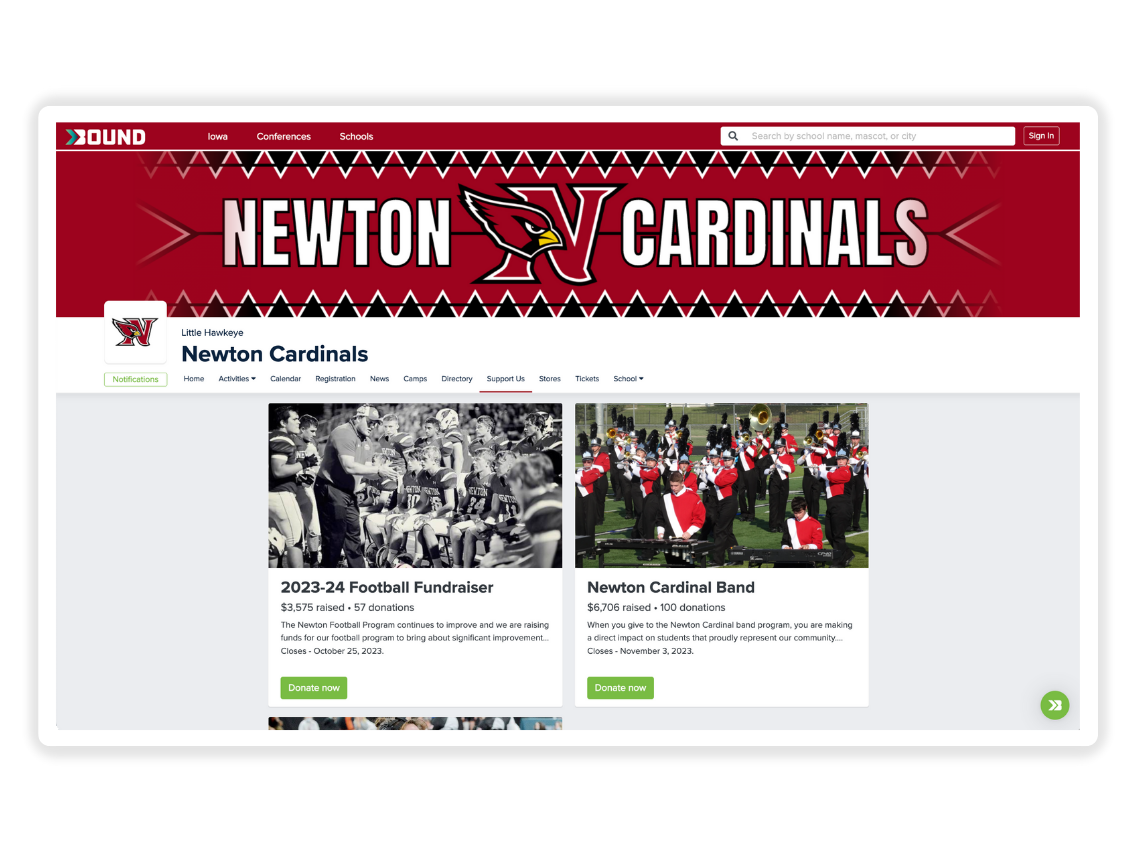
By using Bound, you can take your fundraising to new heights. As raising funds from private sources becomes more and more important for school-based athletic program, it is important to have a partner that is committed to boosting your bottom line.
Bound is that partner. While most online fundraising platforms swallow up a third or more of your raise, Bound’s fees are capped at 20%. And that’s not all. The Bound Fundraising platform offers:
- Comprehensive sponsorship module to gain engagement from local businesses and larger individual sponsors.
- Email/text generated campaigns allowing you to load and contact prospects in minutes.
- The ability to run fundraisers as a school or for individual sports.
- Easy-to-use platform making it simple for the end user to make a donation.
- School store option allowing you to easily sell school-branded swag.
- Fast fulfillment to ensure you have access to funds for your current season.
- Hands-on assistance from the Bound team to help you get those most out of your campaign.
Your community wants to support its hometown team. Bound is ready to be your partner in making sure that happens.
Start your Free Fundraiser Today! Schedule a meeting with our fundraising coordinator!
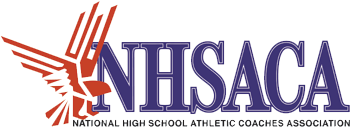
Member discussion